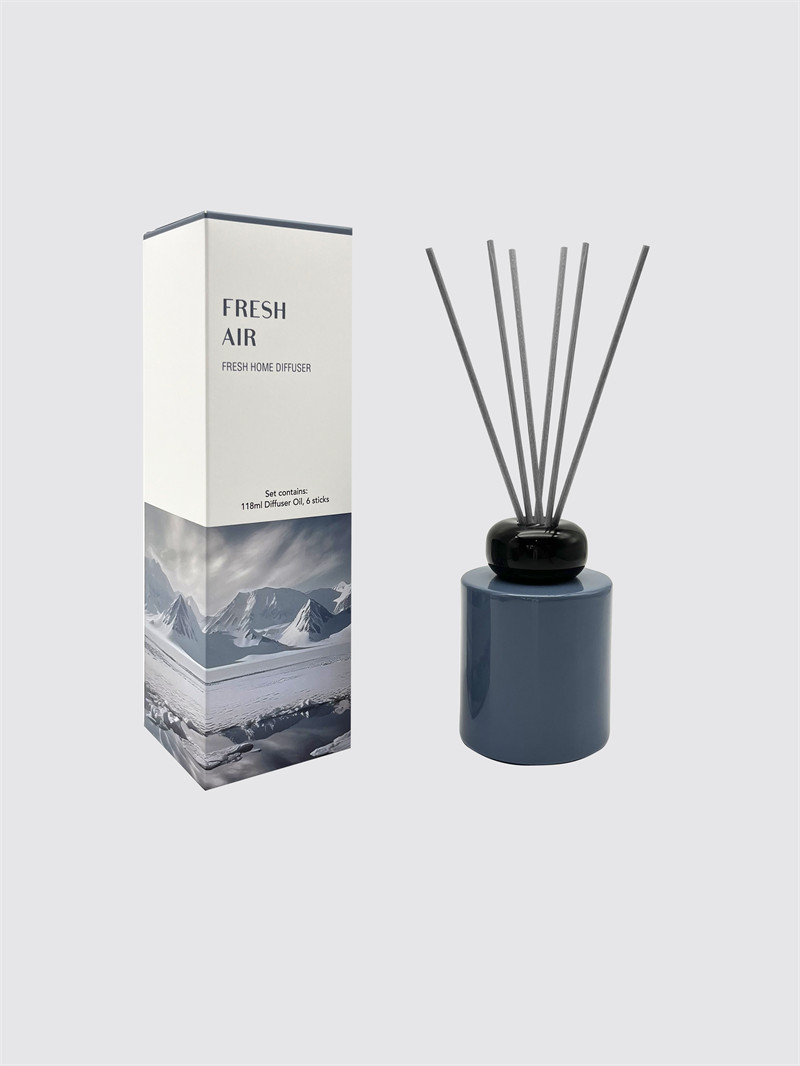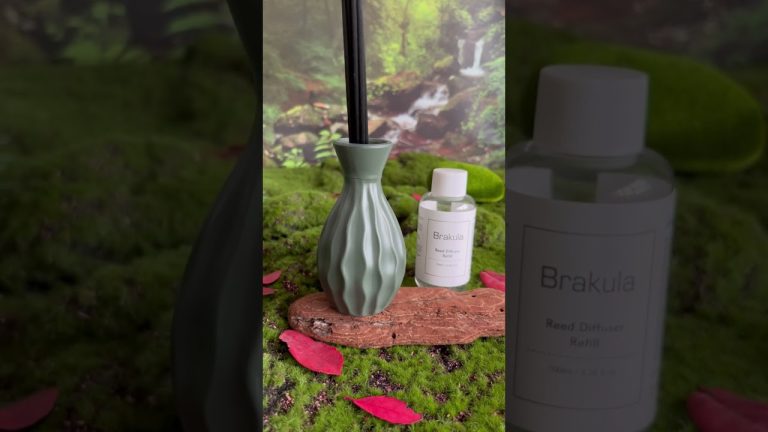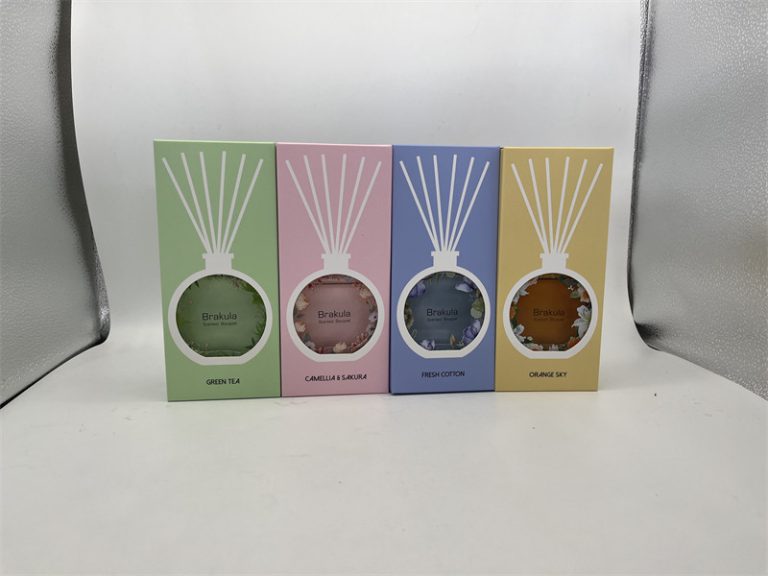Table of Contents
Understanding Scented Wax and Its Ingredients
Scented wax products, such as candles and wax melts, often contain various fragrances and chemicals that can impact indoor air quality. Many of these products release volatile organic compounds (VOCs) when heated, which can contribute to respiratory issues in both humans and pets. While humans may tolerate these scents without significant issues, cats have a much more sensitive respiratory system.
Cats possess a keen sense of smell and can be more susceptible to the effects of synthetic fragrances. Some scented waxes may contain harmful ingredients like phthalates or paraffin wax, which can pose risks to your feline friend. Exposure to these substances may lead to symptoms such as coughing, sneezing, or even more severe respiratory distress over time.
When considering the use of scented wax around your cat, it’s essential to check the labels for any potentially harmful ingredients. Opting for natural alternatives, such as beeswax or soy-based candles, might be a safer choice, as they are less likely to emit harmful chemicals when burned.
Health Risks Associated with Scented Wax

The health risks posed by scented wax products extend beyond just respiratory issues. Cats are known to groom themselves frequently, and if they come into contact with scented wax on their fur, they may ingest harmful substances during grooming. This ingestion can lead to gastrointestinal upset or other systemic reactions.
https://reedaromalab.com/tag/aroma-diffuser-wholesalersMoreover, some essential oils used in scented wax can be toxic to cats. Oils like tea tree, eucalyptus, and citrus can cause adverse reactions ranging from mild gastrointestinal disturbances to severe toxicity. Even if the wax is not directly applied to your cat, the scent in the air may still have an impact, especially if the cat has a history of sensitivity to certain smells.
It’s crucial to observe your cat’s behavior and health after introducing any scented products into your home. If you notice any unusual signs, such as lethargy, vomiting, or changes in appetite, consult your veterinarian immediately.
Safe Alternatives to Scented Wax
If you love having a fragrant home but want to keep your cat safe, there are several alternatives to scented wax that can provide a pleasant atmosphere without the associated risks. One option is using air purifiers that help eliminate odors while improving air quality, ensuring a healthier environment for both you and your cat.
Another alternative is to utilize natural herbs and plants that are non-toxic to cats. For example, placing fresh lavender or catnip around your home can offer a soothing scent without the harmful effects of synthetic fragrances. Additionally, you can create your own potpourri using dried flowers and herbs that are safe for cats.
| Product | Reed Oil Diffuser |
| Material | Wood |
| Suitable for | Toilet |
| Scents | Grape, Fresh Cotton |
| Capacity | 250ml |
| Color | Lilac |
| Origin | China Company |
| Duration | 40-60days |
Finally, consider using unscented candles or wax melts made from natural materials. These options can provide a warm ambiance without the risks associated with added fragrances. By being mindful of the products you choose, you can maintain a pleasant atmosphere in your home while keeping your feline companion safe.






